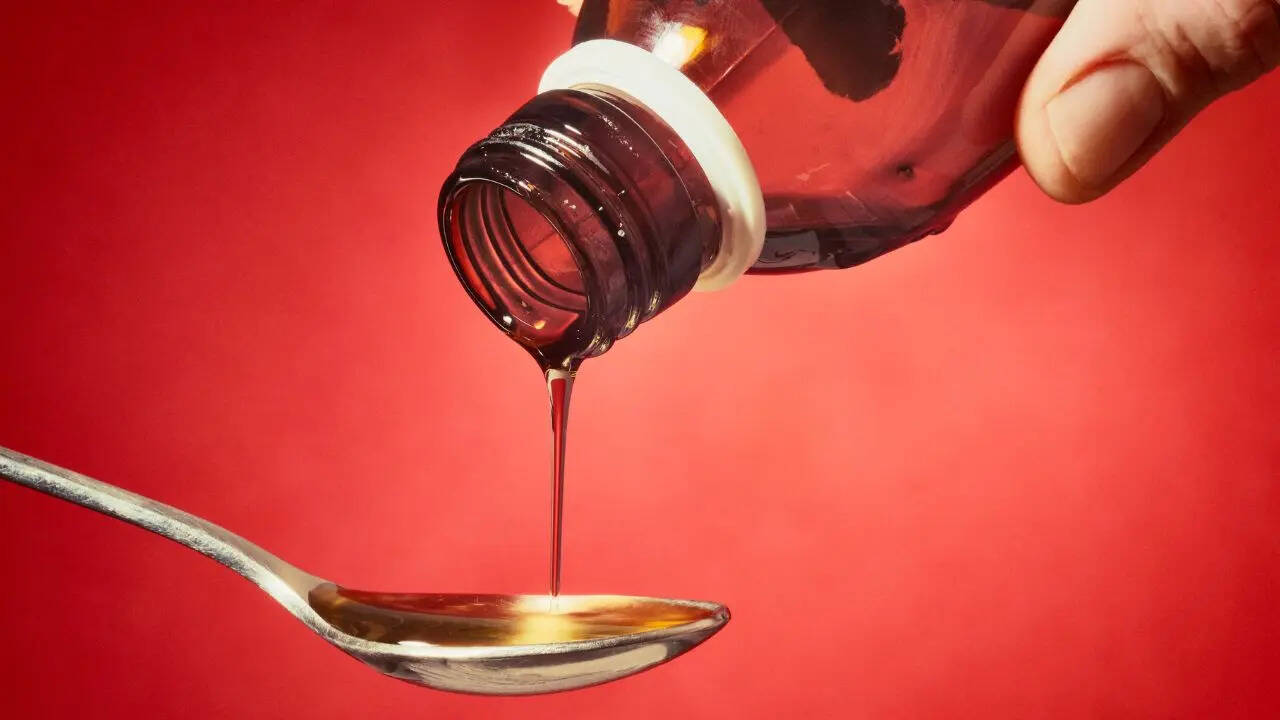Popular Cough Syrup 'Coldrif' Banned For Kids In Several Indian States Due To Presence Of DEG; Why Is It Alarming?

Credits: Canva
SummaryDiethylene Glycol contamination in Coldrif cough syrup has sparked state bans and national probe. With child deaths reported and the toll rising, authorities are investigating Tamil Nadu’s Coldrif syrup. But what exactly is diethylene glycol (DEG), and is it still safe to take cough syrup today?
End of Article
